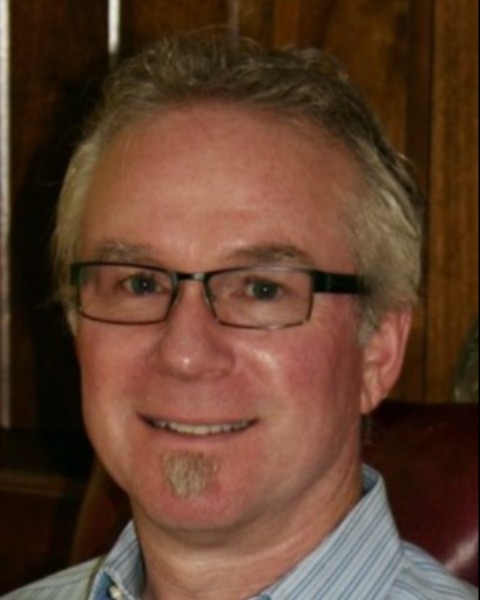60 Minute Main Congress Breakout Sessions
F3 - Under Stress & Overwhelmed - Lessons Learned from First Responders with PTSD
Friday, May 5, 2023
1:15pm - 2:15pm EST

Tim W. Dietz
CEO
Behavioral Wellness Resources
SHERWOOD, Oregon, United States
My journey from working on the line in the fire service to becoming a clinician specializing in emergency-responder stress gives me a unique perspective on this industries mental-health crisis. Feeling overwhelmed is never a sign of weakness or defeat, yet there is a stigma attached to seeking support when we need it. This needs to change! Through the years I've identified several key factors that contribute to stress-related behavioral health issues, and the resistance to seeking help. I have identified 6 "lessons learned" I've learned along the way, and I offer simple ways to avoid the pitfalls that most frequently derail us!
*Profession Specific CEs:
This presentation is approved for 1.0 CE Credits by The Anne Arundel County Mental Health Agency, Inc. (AACMHA) as an approved sponsor of the Maryland Board of Social Work Examiners for continuing education credits for licensed social workers in Maryland.
This presentation is approved for 1 PDH from EAPA- Employee Assistance Professionals Association.
This presentation is approved for ALS NCCP Individual 1.0 Hours by Maryland Institute for Emergency Medical Services Systems' Office of EMS Clinician Services.
This presentation is approved for BLS-L (Local Option) 1.0 Hours by Maryland Institute for Emergency Medical Services Systems' Office of EMS Clinician Services.
1 CE Credits for NAADAC, This course has been approved by International Critical Incident Stress Foundation (ICISF), as a NAADAC Approved Education Provider, for educational credits. NAADAC Provider # 87914, International Critical Incident Stress Foundation (ICISF), is responsible for all aspects of the programing.
*Review ICISF World Congress 17 CE website page for additional requirements.
*Profession Specific CEs:
This presentation is approved for 1.0 CE Credits by The Anne Arundel County Mental Health Agency, Inc. (AACMHA) as an approved sponsor of the Maryland Board of Social Work Examiners for continuing education credits for licensed social workers in Maryland.
This presentation is approved for 1 PDH from EAPA- Employee Assistance Professionals Association.
This presentation is approved for ALS NCCP Individual 1.0 Hours by Maryland Institute for Emergency Medical Services Systems' Office of EMS Clinician Services.
This presentation is approved for BLS-L (Local Option) 1.0 Hours by Maryland Institute for Emergency Medical Services Systems' Office of EMS Clinician Services.
1 CE Credits for NAADAC, This course has been approved by International Critical Incident Stress Foundation (ICISF), as a NAADAC Approved Education Provider, for educational credits. NAADAC Provider # 87914, International Critical Incident Stress Foundation (ICISF), is responsible for all aspects of the programing.
*Review ICISF World Congress 17 CE website page for additional requirements.
Learning Objectives:
- Understand the Personality needed to be a first responder, may create unrealistic expectations.
- Understand that first responders may not seek out professional mental health care when needed, but instead rely on personal "Maladaptive" coping mechanisms
- Understand the Stigma of seeking Professional Care in the first response professions
- Understand previous trauma's impact on current traumas
- Understand importance of self-care and knowledge of additional mental health resources
